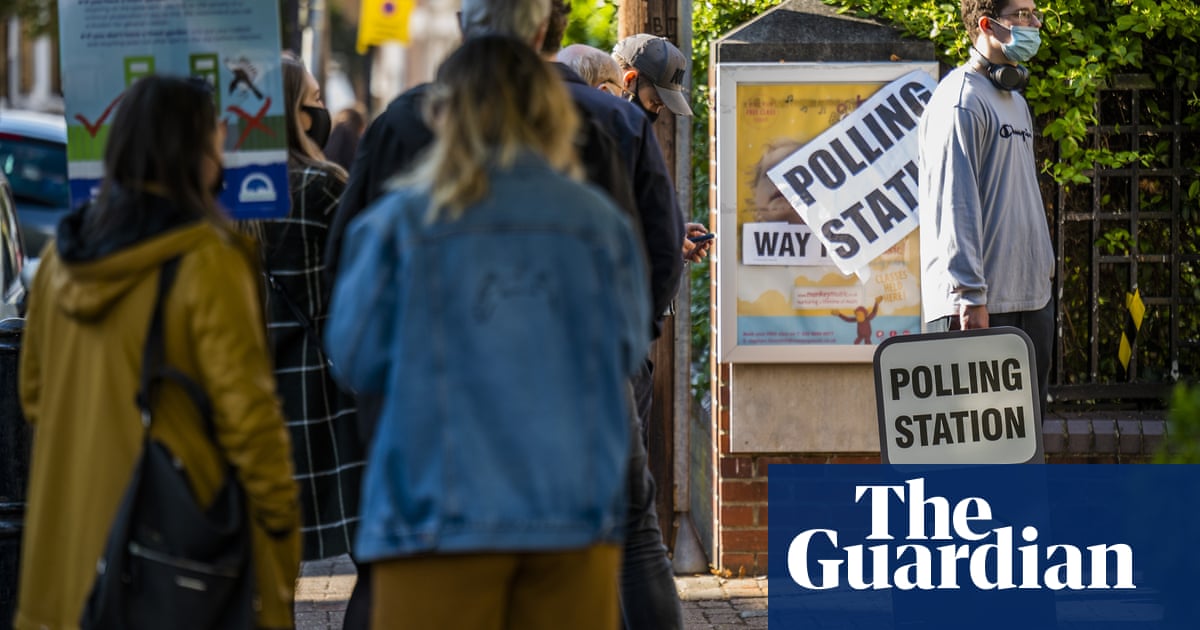
Hasn’t Brexit already happened?
Yes and no. The UK formally left the EU on 31 January 2020, but we have been cushioned from the real impact by the transition agreement, which has kept the UK in the customs union and the single market. But this runs out on 31 December, whether or not a trade deal with the EU is reached in the next few days.
What happens if there is no trade deal?
Companies will have to start paying tariffs on goods bought and sold across EU borders, as do other countries who do not have a trade agreement with the bloc and must operate under World Trade Organization rules. As well as increasing costs, there are likely to be even longer delays at ports. A trade deal would provide some “customs facilitation” to make the process smoother.
Why are the talks so fraught?
The British government sees the 2016 EU referendum as a mandate to release the UK from EU laws, notably on trade, borders and fishing. The EU says that if the UK wants to sell its goods to European consumers without taxes or tariffs being applied, there should be a level playing field so that neither side can gain a competitive advantage by downgrading its regulations and lowering the cost bases of its businesses.
On fishing, the UK is demanding huge gains in catches from British waters once outside the EU’s common fisheries policy. The impact could be devastating for coastal communities in France, Belgium, Spain, the Netherlands and Denmark, among others.
Has there been any progress?
Boris Johnson said on Sunday the two sides were “still very far apart” on these three issues. But there are signs of a constructive shift away from rows about principle to nitty-gritty discussions about how a new relationship would work. The focus is now on managing divergence in environmental, labour and social standards rather than keeping the UK in lockstep with EU rules.
What happens to free movement?
Deal or no deal, free movement of people will end on 1 January 2021. The UK will apply a points-based immigration system to EU citizens. Currently, anyone on a temporary stay in the EU should get a European health insurance card (Ehic) from the UK government to access treatment while in the EU. But, from January, Ehics issued in the UK will not be valid. This applies to EU nationals living in the UK as the entitlement flows from tax residency not birth nationality. The UK is seeking a like-for-like replacement scheme with the EU as a whole but nothing has been signed off yet. The Ehic will still work for some groups including those studying and those living in the EU before the end of 2020.
What happens to UK state pensions?
If you already live in the EU and draw a state pension from the UK, your payments will go up each year in line with the triple lock – the rate of inflation, average earnings or 2.5%, whichever is highest. For anyone who moves to the EU after January, you will still be able to claim your UK state pension, but how much you get will depend on the outcome of the talks.
What about healthcare?
UK citizens living in the EU before the end of 2020, and EU citizens living in the UK, will still be entitled to access healthcare as they do now. But for anyone relocating after 1 January 2021 the situation is still unclear, unless and until a deal is agreed.
Will UK citizens still be able drive in Europe?
Yes, but drivers will need a so-called green card to prove that they are insured. The cards will be available from car insurers and drivers will need to ask for it a month before they plan to travel.
What about travelling with pets?
The UK has applied to become a “listed country”, which will allow pets to be moved between it and the EU almost as freely as now. But if this is not approved, travelling with your pet will become harder. The current pet passport scheme will end, and you will need to get an animal health certificate when you want to travel overseas. This will involve waiting for three months after a blood sample has been taken from your pet, so journeys will involve more planning.
Will mobile phone companies impose roaming charges again?
Possibly. Under EU law mobile phone providers are not allowed to charge customers extra for making calls from a different country in the bloc. But, as of January, customers from the UK will not be covered by this rule. The big providers have all said they have no plans to introduce roaming charges, but if they wanted to charge, they could.












